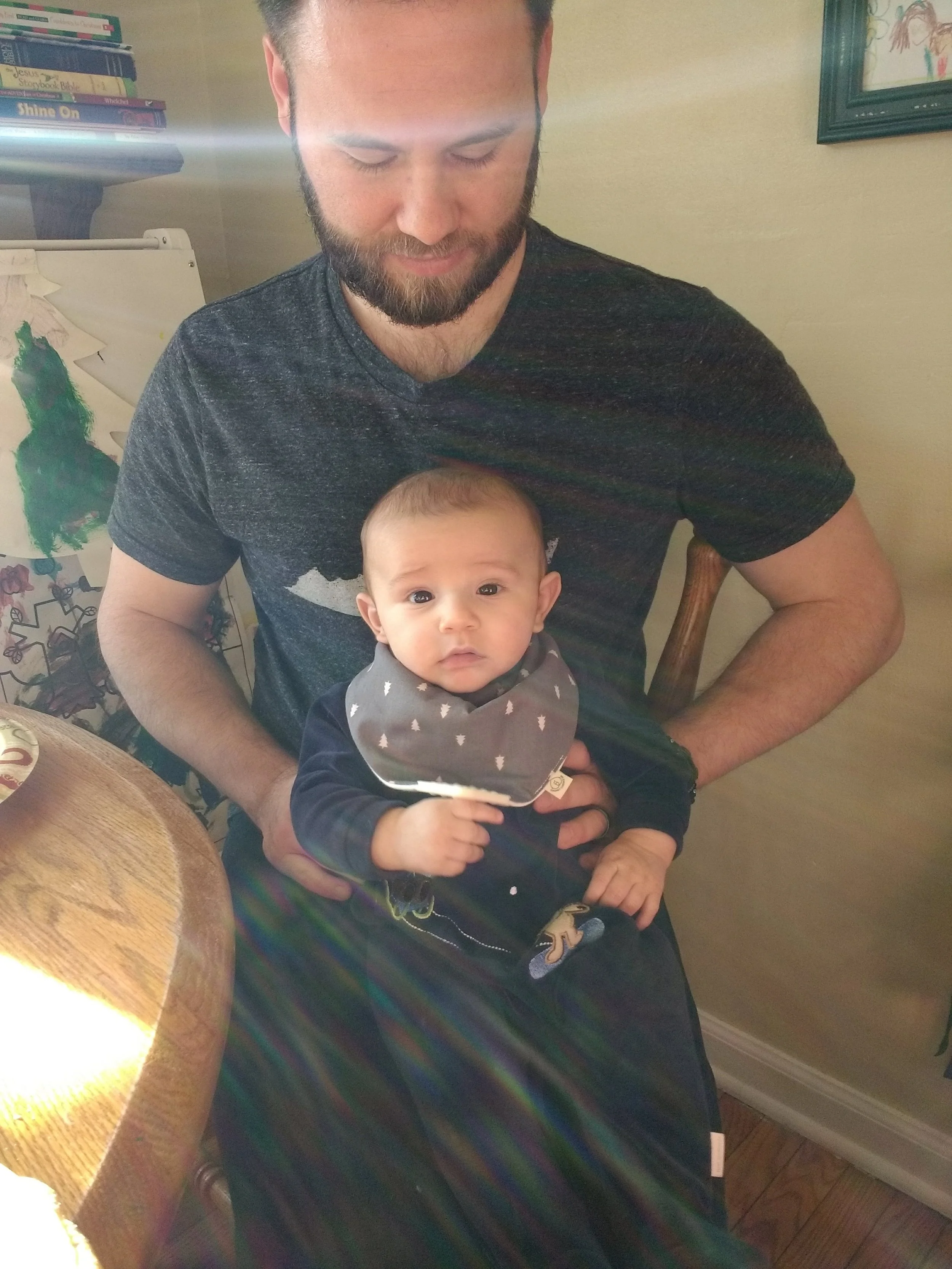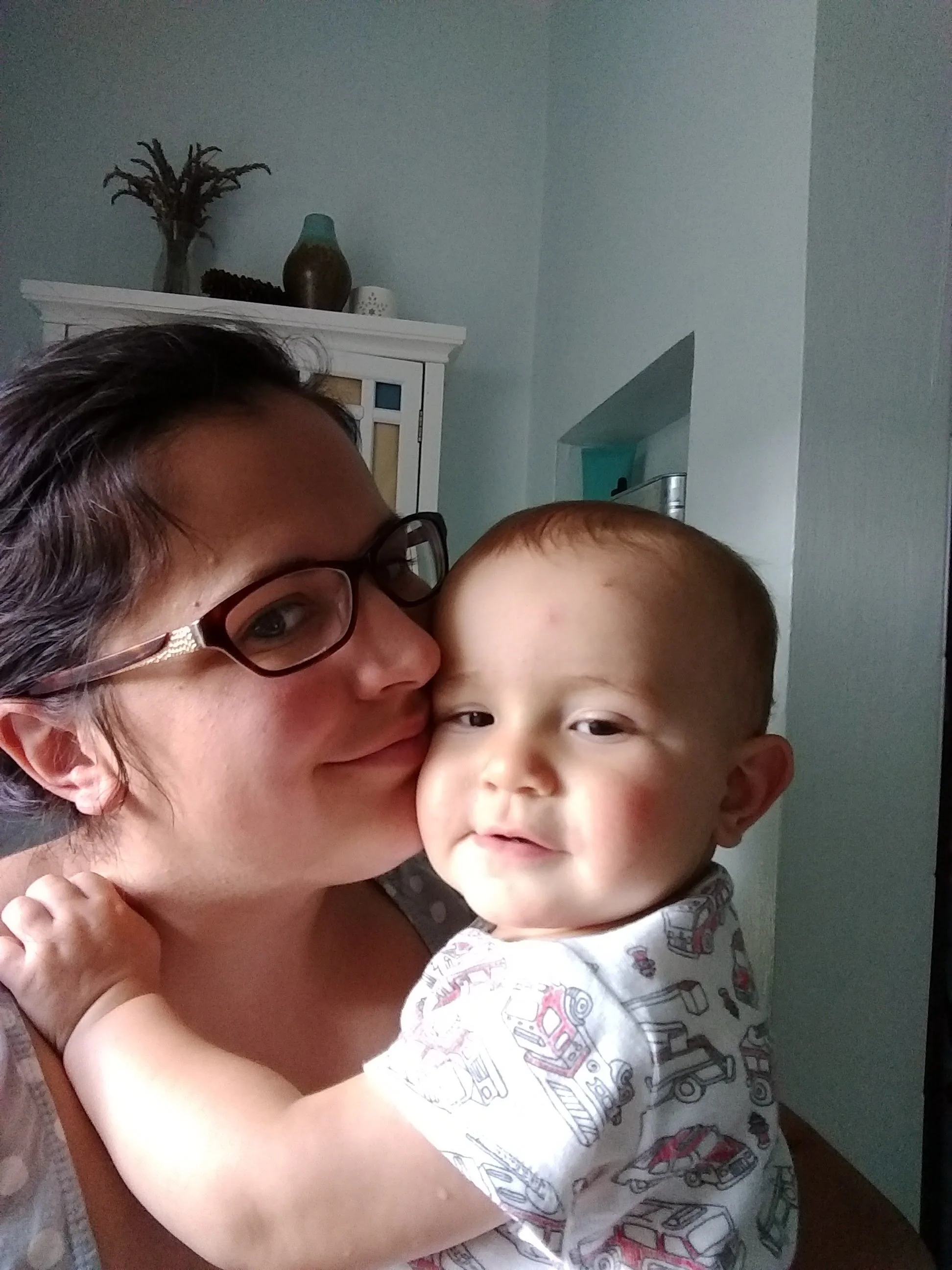Retreat Reflections-Toward Health and Security (Not What it Sounds)
I had the opportunity to get away for an evening and a day this weekend to do my annual online retreat with Velvet Ashes.
Developed primarily for women serving in cross-cultural settings who might struggle to get to in-person retreats, Velvet Ashes creates beautiful weekends of worship, teaching videos, reflective journals, and testimonies I’ve enjoyed tucked in Air BnBs and corners of the Arboretum the last four years.
This year, I found myself less desperate for the meaningful connection and less enthusiastic about doing something reflective and introspective. After all, the past three years have been like a spring-cleaning of my entire life, and I’ve felt scrubbed so new that I’ve needed less intensity. I remarked to Patrick that I didn’t even know if I needed a retreat because I wasn’t in crisis, that I usually went to retreat with deep pain or questions or exhaustion. What would it even look like to connect with God without angst?
The theme of this year’s retreat was “River of God’s Love.” Besides reflecting on many scriptures with the images of rivers, streams, and water, the creators chose three specific facets of God’s love to explore in depth: a Father’s Love, a Lover’s Love, and a River of Love.
As I moved through teachings and reflections on the stories of the prodigal son, the lovers in Song of Songs, and the river flowing out of the temple in Ezekiel, something struck me deeply:
I believe much of how we as Christians have been conditioned to relate to the Divine would be considered dysfunctional and disordered in similar relationships in our lives. Angst, codependency and striving seem to be implied or even glorified in many circles.
I think the implications for how we relate to God in healthy and secure ways are many, but these three came to my mind working the prayer labyrinth as part of the spiritual practices this weekend:
1. If God is a Father (or Mother), our attachment should bring security and independent identity:
I’ve heard so many times, “make sure we aren’t only going to God in times of crisis!”—in fact that was one of my concerns going into the retreat. I understand the corrective to the idea of God as cosmic vending machine. However, I think looking at securely attached parents and children, I see an ebb and flow of care and deep connection and everyday living, not a constant clinging.
I’ve seen dear friends absolutely paralyzed by a decision because they didn’t know what God wanted them to do, or others I love who feel afraid that if they don’t mention God or make a spiritual application in all things, that their relationship with God would be suspect.
Yes, there are times when my kids require my deep compassion, hard conversations, and careful guidance. Yes, I want them to ask for my help if they need it. While I don’t want them to avoid me, I want them to feel safe existing without agonizing if I’m pleased or afraid to make mistakes. My hope for my children as they mature is that they would trust I would be available to help but confident in their God-given gifts and community. They need not search their hearts before choosing which craft to do or journal for hours after we have an argument. We’d move in a rhythm of connection and confident action.
I would hope they act like someone raised in our home, whether or not they have merchandise with our name emblazoned on it. I think God as Father or Mother would feel the same.
Furthermore, the way we as Christians describe ourselves in relationship to our Parent God can feel really unhealthy. I hear it from many places: When I compliment a friend on her work, “Oh, well there’s nothing good in me but Jesus, so He gets all the glory!” In worship songs you’ll hear, “I’m desperate for you, I’m lost without you,” “let all that I am be consumed with who you are,” or even from one of my favorite hymns, “take my will and make it thine, it shall be no longer mine.”
When we do an art project with our kids, and I do 95% of the work, they gleefully exclaim, “Look what I made!,” and I am not offended or angry. When someone compliments them on a new toy they bought with allowance we gave them, they don’t say, “Thanks! It’s actually not mine because my mom gave me all the money. I wouldn’t know what to even buy without her!” We wouldn’t expect an adult child to say, “whatever my dad says,” when asked what he wanted to do for a weekend.
Now, I realize this is a fine line to walk because we do see Jesus submit his will to God’s like in the garden of Gethsemane. And we hear him speak about doing only what the Father does. He is able to sacrifice because he knows he came from the Father and would return to the Father. But, I’d posit that much of Christian cultural responses are false humility or anxious/fearful bids to stay close to an exacting God.
Jesus was able to submit his will because he first had a will. He was able to deny himself because he actually knew he had a self. He could lay down his life because he cherished it first. My hope is that we as Christ-followers would stay humble and willing to yield but also empowered to steward our gifts, honestly assess our strengths, and move through the world as children whom God entrusts with God’s mission.
2. If God is our Lover, healthy intimacy should flow from mutual delight, purpose, and companionship:
As I explored the facet of God as lover by listening to Song of Songs, I was again struck by the parallels to a healthy covenant relationship and what I’d hope our relationships with God would be.
Human relationships move through periods of attraction and romance, commitment and culture formation, crisis and creativity, suffering and strength. Where we once did extravagant dates and elaborate gifts, we now pack cars in companionable silence and slip tooth-fairy prizes under pillows.
In our marriage, we don’t expect every encounter to be marked by fervor, intense connection, proof of devotion, emotional highs, or even fruitful ecstasy. There are periods of these, sure. However, as intimacy deepens over time, we work side by side through lunch breaks instead of trying to grill each other about our deepest hopes. We enjoy our getaways and dates but don’t try to fit all of our connection into artificial times of communion. We understand there are times of illness or crisis or exhaustion where intimacy might need to be quick oatmeal-filled cheek kisses. We don’t do a complete examen before enjoying each other’s arms, though we might confess if anything is in the way of our connection. I don’t apply to Patrick each time I feel the push to help a neighbor but will often check in quickly and then act, knowing he trusts me and I him.
I can’t tell you the freedom I felt this weekend when I thought of God as my companion as much as my captivating champion. It released me from the pressure of feeling like I needed to have deep thoughts to share, passionate feelings to explore or self-flagellating attitude to connect again. It meant I can make decisions with less gravitas, knowing God trusts me as I trust God. I could go for a walk in the Arboretum, noticing spring flowers with my Lover and not trying to manufacture devotion.
3. If God is a River of Love, we are free to experience and invite instead of making the water flow ourselves:
Another unhealthy way I’ve seen Christ-followers relate to God is striving as if we are the guardians of the River and the ones who keep the River moving. My family loves our times at rivers. I grew up as a lake girl in Michigan and missed water deeply when I moved to Virginia, before discovering shady swimming holes and rocky refuges with my kids. The river is a beautiful classroom to learn spiritual truths, too.
God is a River of Love like the rivers I love here in the Valley. Yes, I can make decisions that affect the watershed surrounding the River, make choices that affect the experience of myself and others of the Water that is always there. But, I am not the only one. I am called to be a part of a community of stewards that can remove barriers to the Water, proclaim the benefits of the deep Breaths on the banks, that can ensure we’re not harming those downstream and can clean out what would mar the River’s beauty.
I cannot force the River to flow any which way. I cannot drag my neighbors into its flow. I can dam the speed of the water and be worn down myself, but the River will keep finding a new way to wind down to the lowest.
I can relate to the River as a pilgrim gathered with the crayfish and the brook trout, receiving refreshment and inviting others to join me to feast and then make it possible for more and more folks to access the flow.
God as Father. God as Lover. God as River. There are a thousand metaphors that just scratch the surface of God’s infinite nature. Which metaphor is stirring your heart lately? How does that metaphor lead you to more security and health in your relationship to God? How have you found yourself challenging a way of relating to God that is insecure or anxious? What would it look like for God to be your cheering Father, your comfortable Companion, your sustaining Stream, your _____ this week?







